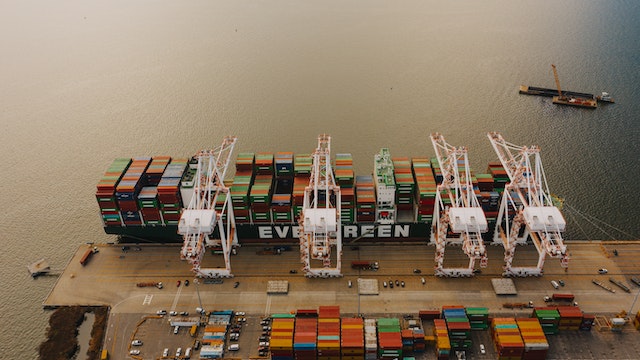Introduction
The United Kingdom, with its rich maritime history and strategic location, boasts a network of diverse and bustling ports. These gateways to the world have played a pivotal role in shaping the nation’s history, trade, and economy. In this blog, we’ll set sail on a journey to explore the UK’s ports, delving into their significance, history, and the vital role they continue to play in the country’s modern landscape.
A Historical Perspective
To understand the importance of UK ports, it’s essential to take a trip back in time. Britain’s maritime history is intertwined with its ports, from the bustling docks of London to the shipbuilding yards of Glasgow. Many ports date back centuries, and some, like Portsmouth and Plymouth, have seen the departure of famous explorers and the return of victorious naval fleets.
Economic Powerhouses
Today, UK ports are economic powerhouses. They facilitate trade, import and export goods, and support countless jobs. Major ports like Felixstowe, Southampton, and Liverpool are among the busiest in Europe, handling vast amounts of cargo and containers. The Port of Felixstowe, for instance, handles around 48% of the UK’s containerized trade.
Connectivity
One of the UK’s strengths is its excellent connectivity. Ports are not isolated entities; they are connected by an extensive network of roads, railways, and waterways. This connectivity is vital for distributing goods across the country and beyond. The Port of Liverpool, with its strong rail links, exemplifies this, providing a crucial gateway to the North of England and the Midlands.
Environmental Initiatives
In recent years, UK ports have also been at the forefront of environmental initiatives. They are adopting greener technologies, improving air quality, and reducing carbon emissions. Many ports have invested in renewable energy sources, such as wind turbines and solar panels, to power their operations sustainably. These efforts reflect a commitment to mitigating the environmental impact of shipping.
Ports as Tourist Attractions
While primarily centers of trade and commerce, some UK ports have also evolved into popular tourist destinations. Portsmouth Historic Dockyard, for instance, offers visitors a chance to explore the historic ships and maritime heritage of the city. Similarly, Bristol’s Harbourside has transformed into a vibrant area filled with cultural attractions, bars, and restaurants.
Challenges and Future Prospects
Despite their resilience and adaptability, UK ports face several challenges in the 21st century. Brexit has brought about changes in trade regulations, which ports have had to adjust to. Additionally, the rise of mega-container ships requires significant infrastructure investments to accommodate these vessels. Climate change poses another challenge, with ports having to prepare for rising sea levels and extreme weather events.
To address these challenges, the UK government and port authorities are working together to develop long-term strategies for sustainable growth. This includes investing in modernizing infrastructure, enhancing connectivity, and adopting green technologies.
Conclusion
UK ports, steeped in history and central to the nation’s economic prosperity, continue to play a vital role in the modern world. From bustling container terminals to historic docksides, these gateways connect the UK to the global economy. As they adapt to new challenges and embrace sustainable practices, UK ports are set to remain key players in the country’s maritime legacy and its future prosperity.





